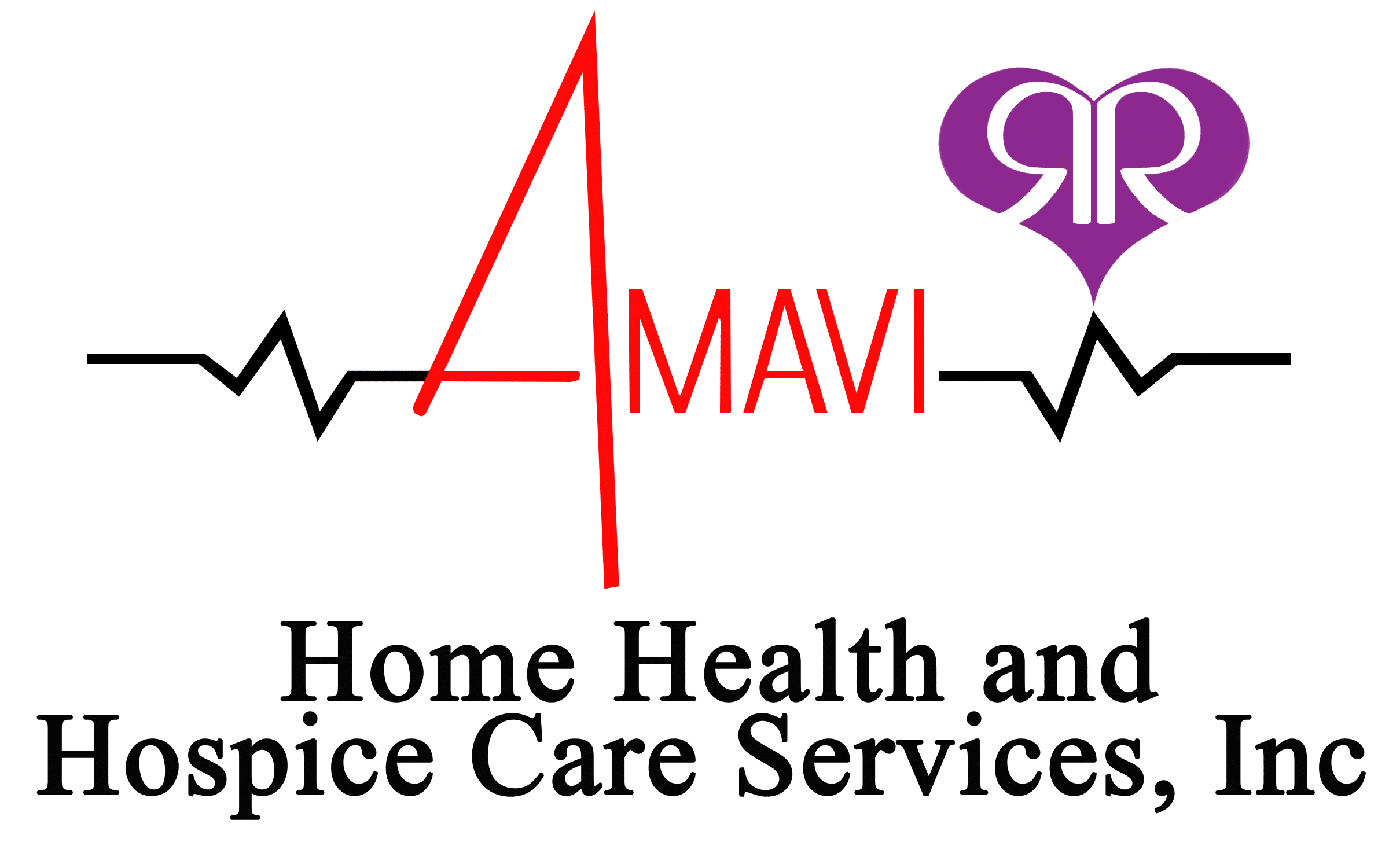Many people may not realize it, but hospice care and any other details involved with it causes a lot of headaches. There are plenty of things we need to consider, and that leads to all sorts of confusion. With that in mind, let’s answer the most crucial question people have on hospice criteria, who qualifies to provide it and who is entitled to this service?
Know the Different Types Of Elderly Care Services
Qualification Requirements
The United States Centers for Medicare & Medicaid Services is the governing body that sets standards for any patient hospice qualifications. Let’s take a look if our loved ones’ condition fits these hospice criteria.
- Patients with a life-limiting circumstance with a medical prognosis of six months or less if their condition progresses.
- Frequent serious hospitalizations in the past six months.
- Progressive signs of weakening, excessive fatigue, lethargy, and drowsiness.
- Progressive loss of weight.
- Significant decrease in physical and cognitive functions.
- Notable changes and compromised Activities of Daily Living and personal chores such as bathing, eating, and toileting.
- Patients show lack of medical improvement even after extensive medications.
- Increasing signs of dehydration and lack of nutrition.
There are also a couple of end-stage health conditions that may put a person in hospice care eligibility, such as:
- Cancer – In today’s day and age, cancer treatments are at an all-time high and are tested successfully most of the time. However, there are few cases that treatments are no longer effective. Almost all medical and hospice facilities utilize the Palliative Performance Scale to validate the patient’s end-stage medical condition.
- AIDS/HIV – There are no set hospice criteria for HIV/AIDS, but if the patient exhibits deteriorating health conditions such as excessive and consistent weight loss for three months or more and a CD4 count of less than 25.
- Congestive Heart Failure / Cardiopulmonary Disease – The heart is one of our body’s most important organs and is responsible for pumping blood throughout our body. It keeps body functions intact. However, patients with end-stage congestive heart failure and other terminal heart conditions have difficulties maintaining a healthy status and require lots of attention and care. That’s where hospice care comes in.
- Cerebral Vascular Accident (CVA) / Stroke – CVA or commonly known as stroke, is one of the leading causes of disability and death in the U.S. Most of the time, patients recover, but in certain cases, the patient’s condition degrades.
- COPD / Cardiopulmonary Disease – Progressive lung diseases such as chronic bronchitis, emphysema, and other pulmonary conditions are often categorized as Chronic Obstructive Pulmonary Disease. The end-stage of these conditions greatly affects the patient’s body and impairs body function that often leads to an individual’s degrading health.
- Neurological Conditions – End-stage neurological conditions such as severe cases of Parkinson’s, ALS, MS, and Huntington’s disease are qualified for hospice care. Effects of these neurological conditions often lead to mental and physical impairment and require special attention.
- Liver Disease – The liver acts as our body’s natural filter, keeping the toxins out and helping maintain proteins in the blood. However, once it gets damaged, it opens up a gateway of critical conditions that greatly affect an individual’s body. In end-stage liver diseases, compromised ability to perform activities of daily living is a common occurrence and accompanied most of the time by excessive malnutrition.
- Renal Disease – End-stage kidney and other renal-related illnesses often require dialysis or kidney transplant to fix their condition. However, if any of the methods don’t work out as planned, patients may exhibit degrading health conditions such as impairment and renal failure. The same can be said about patients who opt-out of any medical procedure that supports them.
Patients should review the hospice guidelines for end of life to see if their conditions meet the requirements.

Financial Requirements
There’s a lot of misconception about hospice care, leading to it frequently being underutilized. However, it helps not only the patient but their family as well. They provide the necessary support in terms of emotional, physical, and psychological aspects to the family involved.
Even with all the benefits laid out, many people are still hesitant with hospice care, and one area that we can all agree with is the financial requirements. Here are some Financial eligibility criteria we should all be aware of.
Medicaid Hospice Benefits and Eligibility
Medicaid usually provides low-cost or sometimes free coverage to eligible families such as low-income earners, people with disabilities, elderly and pregnant women. Depending on the state, Medicaid covers hospice care after the diagnosis of a terminal illness with a medical prognosis of fewer than six months.
In most cases, facilities utilize Medicaid alongside the patient’s existing Medicare coverage. Families need to provide the following to meet the hospice criteria and get eligibility.
- Physician’s certification of a terminal illness of the patient
- The patient needs to complete an election form for hospice care and agree to the terms
- The patient over 21 years of age needs to agree and stop any curative treatments
Once completed, Medicaid shoulders a portion of the whole hospice care expenses such as physician services, nursing care, symptom control, pain relief, and other policy services. Take note that hospice guidelines can vary from provider to provider. Thus, you need to make sure that your requirements match your specific provider.

Medicare Hospice Benefits and Eligibility
People over 65 and certain individuals are eligible for the federal health insurance program Medicare. The coverage policy for Medicare is divided into four categories.
- Medicare Part A – Covers hospital, hospice, nursing home, home health services, and skilled nursing facilities.
- Medicare Part B – Provides partial or full coverage of outpatient hospital care and other medical services. It also shoulders any medical equipment fees and the cost for the doctor’s visit.
- Medicare Part C / Medicare Advantage Plan – This plan utilizes both Medicare Part A and Part B. In most cases, it may also include dental, vision, and hearing care coverage.
- Medicare Part D – It provides coverage to prescriptions and, most of the time, bundled with Medicare Part A and B.
Private Insurance Hospice Benefits and Eligibility
Most people utilize Medicare and Medicaid for their loved one’s hospice care. However, some families use private health insurance policies instead. Patients usually get this benefit from their employers as a part of their retirement plan. There are also cases where they purchased the policy from a health insurance provider.
Depending on the healthcare provider and the policy the family holds, private insurance policy coverage varies. However, in most cases, the insurer shoulders all hospice care-related expenses. As such, meeting the hospice criteria is essential.
